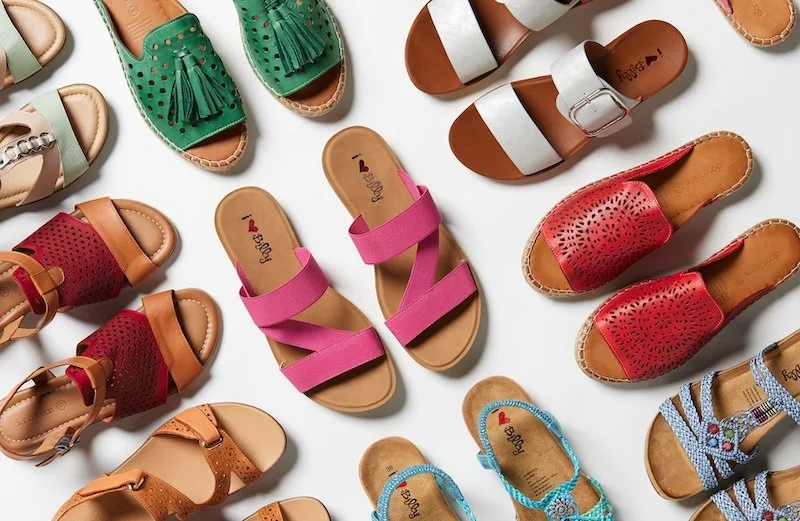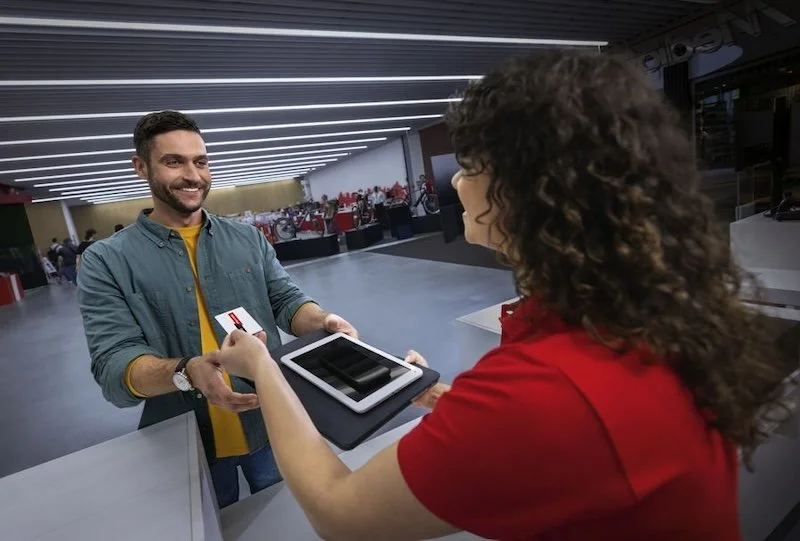Airship research: Consumers want more control over how brands contact them
Airship has published a report which highlights new consumer behaviour on mobile and their expectations from brands.
Based on a survey of more than 9,143 consumers across seven countries, including the UK, France, Germany, US, Australia, Singapore and India, this found that 40% of global respondents are more likely to continue receiving brand communications if they are given controls over purpose, frequency and channel.
70% of UK respondents on average are using apps across all industries more or about the same since the Covid pandemic began.
Brands are now better able to engage customers wherever they are, while app users benefit from sharing their preferences and affinities for a more personalised service, with greater control over their data and the ability to easily shut down brands that aren’t meeting their needs.
The report also reveals the top reasons why UK consumers opt-in to brand communications are for immediate discounts or loyalty reward points (38%), order confirmations (23%), early access to big sales events (22%) and shipping/delivery or click and collect alerts (21%).
On the flip side, location-based offers and behaviour-based personalised offers are the two least likely to motivate shoppers to initially opt in to brand communications on their smartphone (16% and 15% respectively).
However, the second most common reason Brits opt out of smartphone communications is “information is not relevant/personalised to needs” at 38%.
Additionally, among the top five items of personal information UK consumers will share for more personalised interactions and special incentives are “interests relevant to the brand” and “ what they’ve browsed on the brand’s website or app.”
“Data privacy remains a key issue for consumers. Companies must go far beyond targeting ‘eyeballs’ and delivering one-way messaging and brand-centric campaigns to succeed in the customer first digital future,” says Brett Caine, CEO and President, Airship.
“To gain the insights necessary to meet today’s expectations, brands must provide a more robust mobile app experience with individualised control to reach much deeper into the hearts and minds of their customers.”
Other key findings from the report include::
Only 34% of UK consumers are willing to share information from their social profiles with brands - the lowest percentage across 15 types of personal information - but more (46%) will share their social values relating to environmental, moral, political and religious views.
81% of UK consumers ignore or delete emails from brands they’ve subscribed to half of the time or more. Younger generations are more likely to rarely check their email as well as use anonymous or fake email addresses.
53% of UK consumers will share their mobile phone number for text messages, but only 38% will share it for phone calls.










Continue reading…